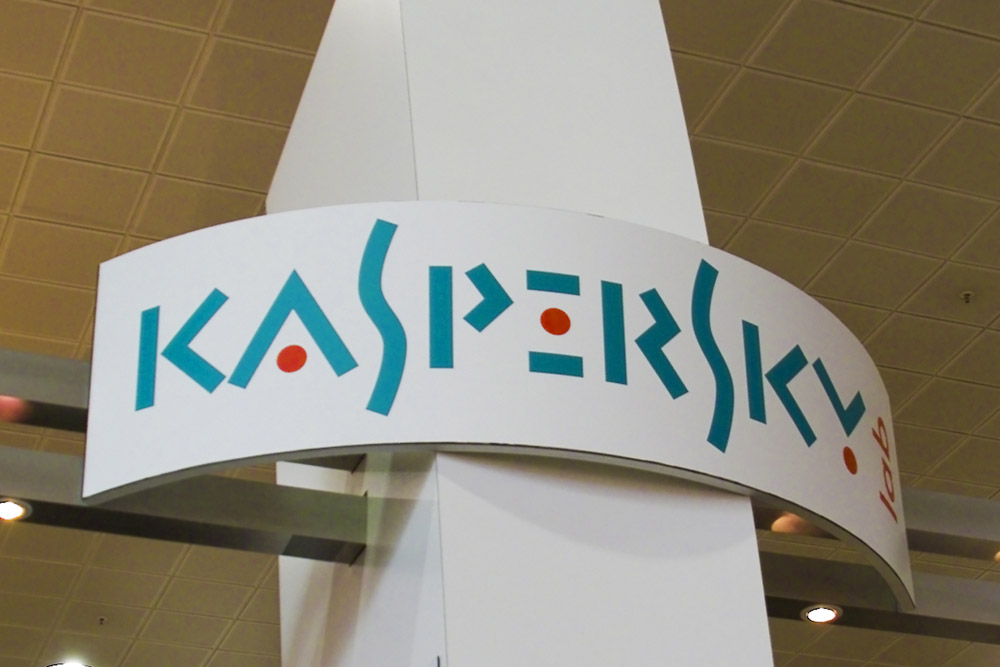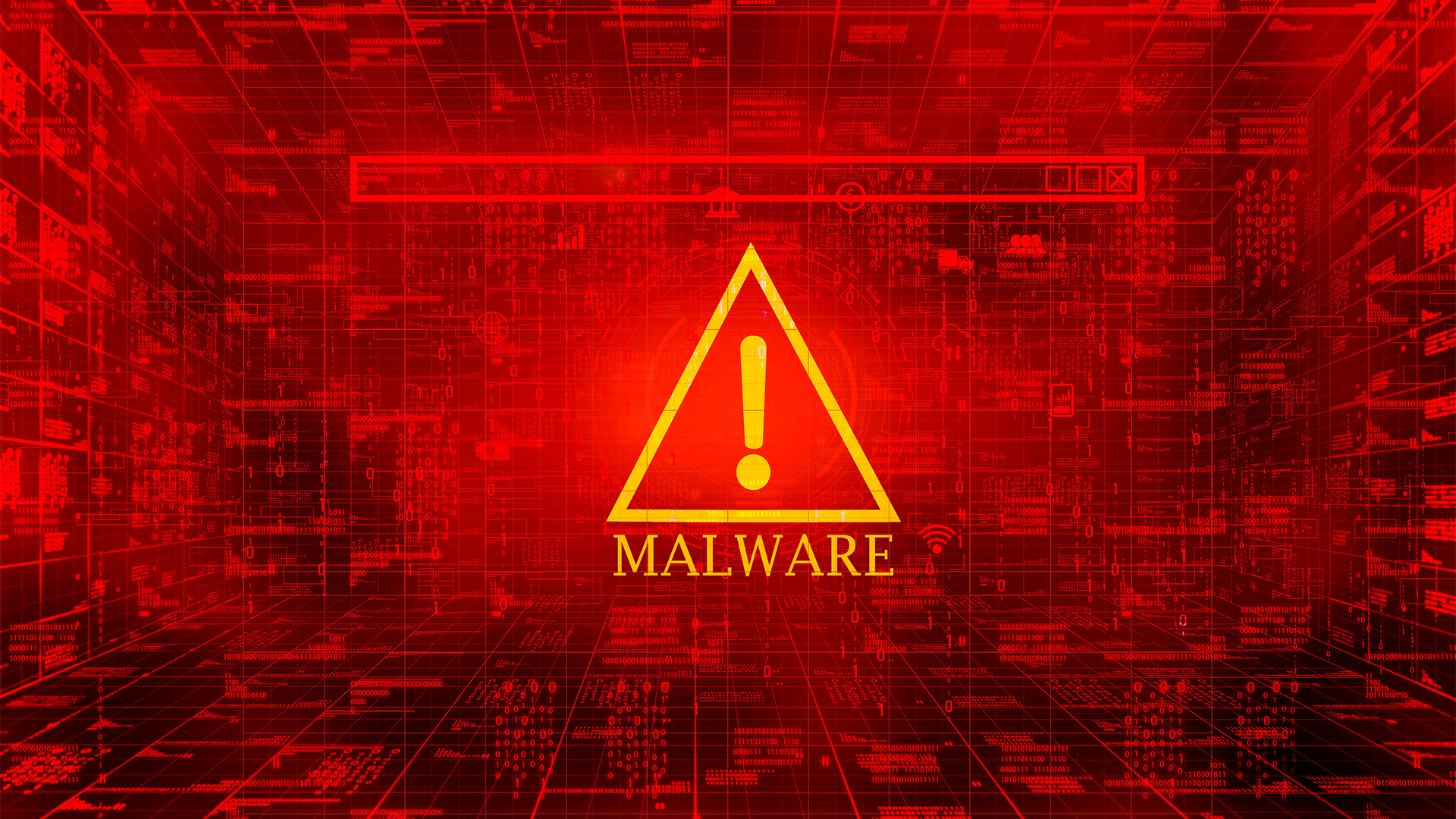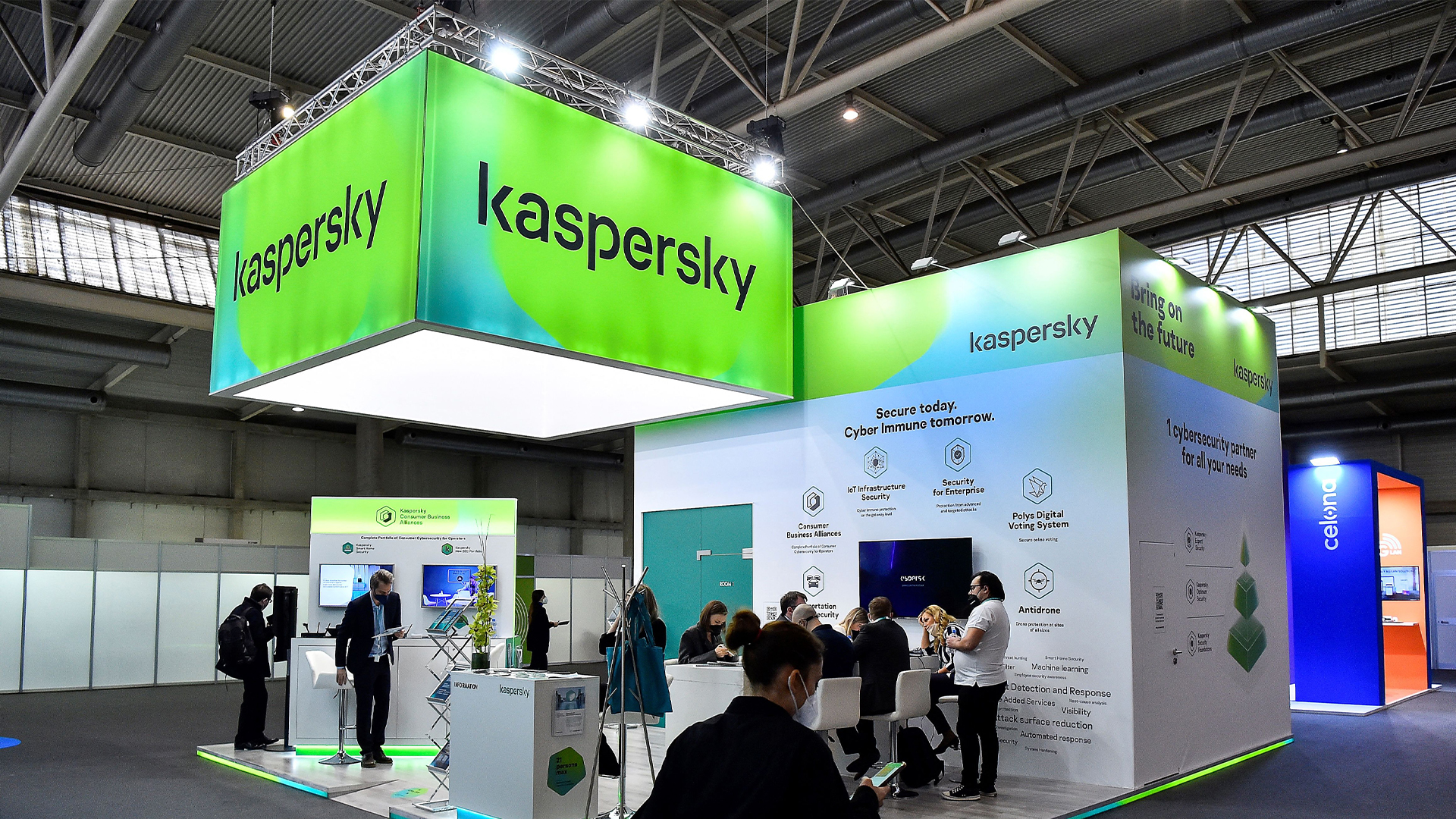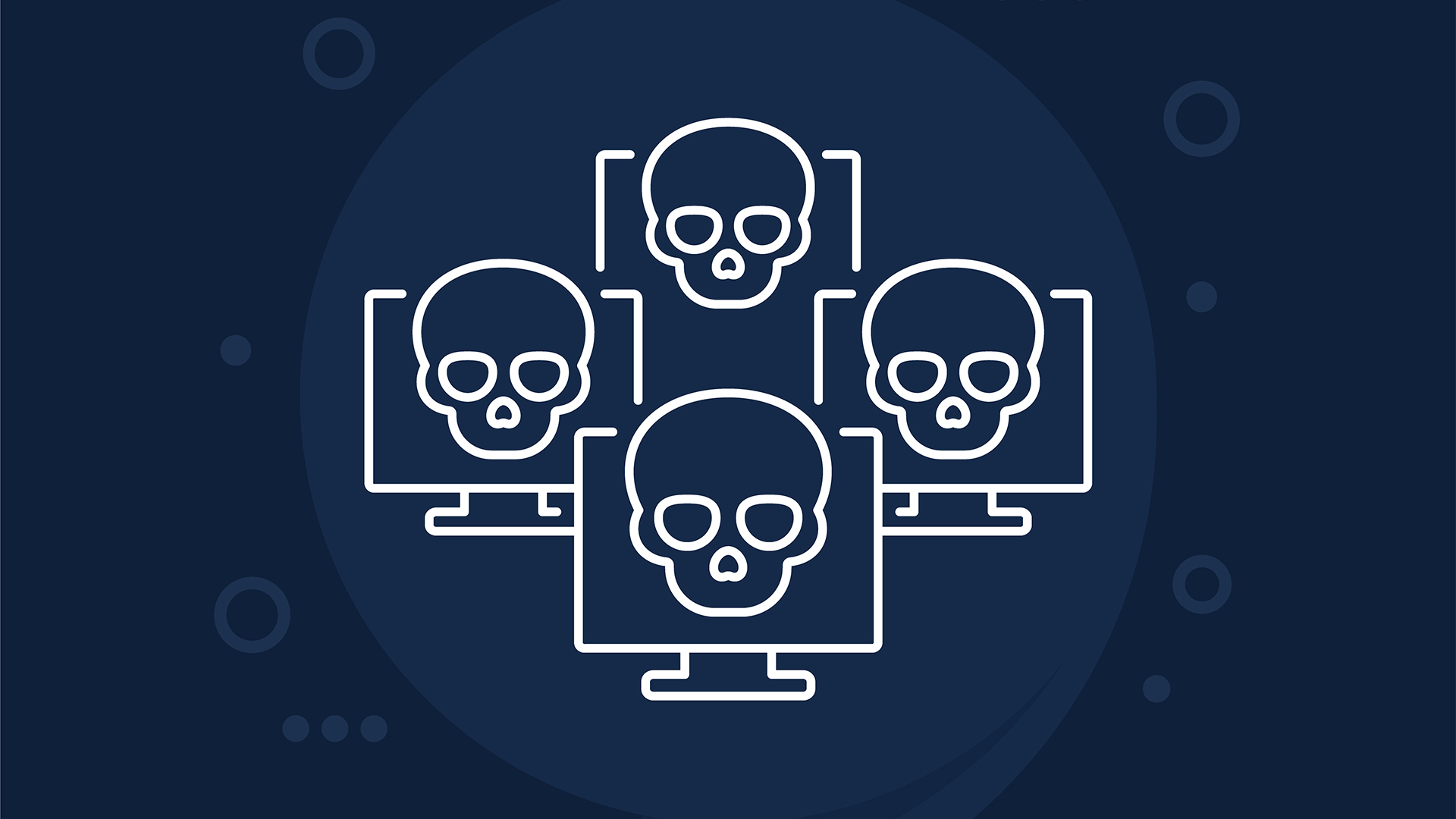Kaspersky loses Court of Appeals battle to reverse US government ban
The court maintains the threat of the Russian-based antimalware company is real


After a lengthy battle with the US government spanning over a year, Kaspersky Lab has lost its battle at the Washington DC Court of Appeals over the government's decision to ban its software from all federal government computers.
The court upheld the initial ruling made by a district court forbidding Kaspersky to bring a lawsuit against the US government following its "unconstitutional" claims which "relied on subjective, non-technical public sources such as uncorroborated and often anonymously sourced media reports, related claims and rumours", Kaspersky said in 2017.
The judges who upheld the district court's decision cited Congress's right to block the purchase of software provided by a specific vendor providing there is a genuine security risk associated with it.
"With or without Kaspersky's willing cooperation, explained the experts, the Russian government could use Kaspersky products as a backdoor into federal information systems," the court stated. "Then, having gained privileged and undetected access, Russia could make all manner of mischief."
Kaspersky's main argument centred around the punitive nature of the ban, claiming that the court's decision was less about protecting the government's safety, but punishing a firm with alleged ties with Russia's FSB.
"Since the company's inception over 21 years ago, it has always abided by the highest ethical business practices, and through our recently launched Global Transparency Initiative, Kaspersky Lab is exemplifying its ongoing commitment to assuring the integrity and trustworthiness of its products. Kaspersky Lab reaffirms that it has never, nor will ever, engage in cyber offensive activities, and the Court's decision does not conclude otherwise," the company said in a follow-up statement.
The order to ban Kaspersky from US government computers was originally made in 2017 by the Department of Homeland Security. All government departments and agencies were to develop plans to discontinue present and future use of Kaspersky's software from their computers within 90 days of the directive being issued.
Sign up today and you will receive a free copy of our Future Focus 2025 report - the leading guidance on AI, cybersecurity and other IT challenges as per 700+ senior executives
"This action is based on the information security risks presented by the use of Kaspersky products on federal information systems," said the DHS in a statement. "Kaspersky anti-virus products and solutions provide broad access to files and elevated privileges on the computers on which the software is installed, which can be exploited by malicious cyber actors to compromise those information systems.
"The Department is concerned about the ties between certain Kaspersky officials and Russian intelligence and other government agencies, and requirements under Russian law that allow Russian intelligence agencies to request or compel assistance from Kaspersky and to intercept communications transiting Russian networks."
The ban wasn't just an explosive response to Russia's influence on the 2016 presidential election, back in 2014 the anti-malware software company was accused of providing a backdoor into federal departments' systems after a top-secret exploit code was stolen in an NSA leak.
The software is also used by Russia's FSB and allegations were immediately pointed at them but Kaspersky refuted these claims, citing pirated Microsoft Office software installed by an employee as the cause.
The keygen used to create a counterfeit Office key was, in fact, a trojan which dropped a backdoor in the system; Kaspersky was turned off in order to illegally install the software thus allowing the FSB to access the system via the backdoor.
Most recently, the EU published a cyber security report in June 2018, calling for a comprehensive review of all IT software and equipment used by all member states in an attempt to stop "an unprecedented threat" of "politically motivated, state-sponsored cyber attacks". It labelled Kaspersky as software that had "been confirmed as malicious".
Earlier on in the year, Kaspersky attempted to make amends and rebuild a strong reputation for themselves, increasing the reward for its bug bounty program to $100,000 per critical vulnerability found in its own systems. Despite this peace offering, the EU remained unconvinced and labelled the Moscow-based company's software as 'malicious' anyway later in the year.

Connor Jones has been at the forefront of global cyber security news coverage for the past few years, breaking developments on major stories such as LockBit’s ransomware attack on Royal Mail International, and many others. He has also made sporadic appearances on the ITPro Podcast discussing topics from home desk setups all the way to hacking systems using prosthetic limbs. He has a master’s degree in Magazine Journalism from the University of Sheffield, and has previously written for the likes of Red Bull Esports and UNILAD tech during his career that started in 2015.
-
 Hackers are disguising malware as ChatGPT, Microsoft Office, and Google Drive to dupe workers
Hackers are disguising malware as ChatGPT, Microsoft Office, and Google Drive to dupe workersNews Beware of downloading applications like ChatGPT, Microsoft Office applications, and Google Drive through search engines
-
 Almost half of US organizations still using Kaspersky, researchers claim
Almost half of US organizations still using Kaspersky, researchers claimNews A ban was introduced due to Kaspersky’s supposed links to the Russian government
-
 Enterprises are struggling to fill senior cybersecurity roles — and it's causing staff burnout to skyrocket
Enterprises are struggling to fill senior cybersecurity roles — and it's causing staff burnout to skyrocketNews Many senior roles take months to fill, creating cumbersome workloads for mid-level staff and increased burnout
-
 Kaspersky to shut down US division ahead of sales ban
Kaspersky to shut down US division ahead of sales banNews The Russian security company will exit the US and cut staff ahead of a government-imposed sales ban
-
 Botnets are being sold on the dark web for as little as $99
Botnets are being sold on the dark web for as little as $99News More than 20 offers for botnets for hire or sale have been discovered on dark web forums and Telegram channels this year
-
 Small businesses face continued security threats as trojan attacks surge
Small businesses face continued security threats as trojan attacks surgeNews Cyber attacks on small businesses are still growing at a steady pace
-
 Most passwords take a matter of minutes to crack – here’s how you can create strong, hacker-resistant credentials
Most passwords take a matter of minutes to crack – here’s how you can create strong, hacker-resistant credentialsNews Passwords are still criminally insecure and can be cracked or guessed by hackers with ease, but what precautions can you take to avoid getting breached?
-
 Kaspersky hits back at US software ban, citing political motivations and “theoretical concerns”
Kaspersky hits back at US software ban, citing political motivations and “theoretical concerns”News Kaspersky said it has “repeatedly demonstrated" its independence from any government interference

